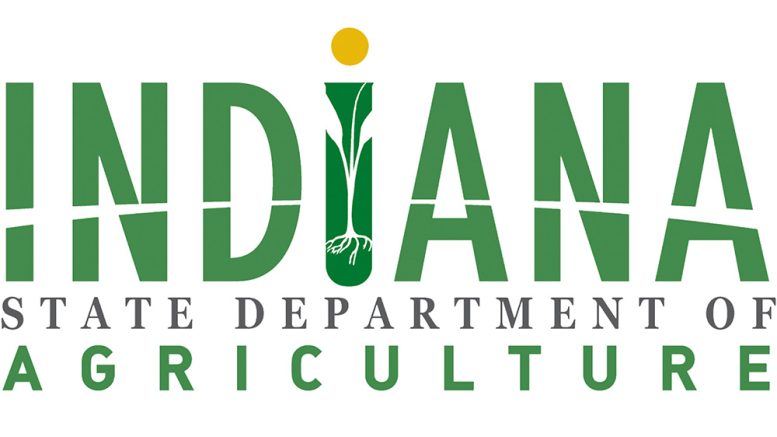The Indiana State Department of Agriculture’s Soil Conservation Division received $1,713,333 from the U.S. EPA through the Gulf Hypoxia Program created under the federal Bipartisan Infrastructure Law to help states in their nutrient reduction strategy efforts.

Crouch
“Indiana’s water and soil are some of our most valuable resources,” said Lt. Gov. Suzanne Crouch, Secretary of Agriculture and Rural Development. “This funding will go a long way in furthering the efforts of the Indiana State Nutrient Reduction Strategy.”
The Gulf Hypoxia Program seeks to lessen the downstream impact of excessive nutrient loads into the Gulf of Mexico. Eutrophication, or nutrient enrichment of waters, is a concern in many areas of the United States as well as around the world. Nutrients are an essential part of the water system for plant and animal life, however when there is an excess of nutrients, it can cause water quality impairments such as hazardous algal blooms and oxygen depleted water.
“Indiana is grateful to have received funding through EPA’s Gulf Hypoxia Program to continue and grow our nutrient reduction strategy,” said Don Lamb, director of the Indiana State Department of Agriculture. “The work done through the strategy is critical in ensuring Indiana’s lakes, streams and river’s health improves, as well as those downstream.”
This funding will allow ISDA to support efforts to improve water quality through the Division of Soil Conservation and partnerships. The agency plans to develop a statewide soil sampling program aimed at increasing the adoption of nutrient management to minimize nutrient runoff and improve nutrient use efficiency across the state. Additionally, ISDA will partner with Purdue University to create an Indiana Nutrient Research and Education Program (INREP) to continue and expand the work of the Indiana Science Assessment to improve methods for quantifying nutrient reduction from conservation practices and to determine conservation practice efficiency.
This funding will complement and contribute to the efforts and success of the Indiana State Nutrient Reduction Strategy. This strategy represents the state’s commitment to reduce nutrient runoff from point sources and non-point sources alike, to ultimately improve water quality in Indiana lakes, streams, and rivers, and downstream in the Mississippi River, Gulf of Mexico, and Great Lakes.
“I am very appreciative that ISDA has received this funding from EPA to grow our staff support and expand upon programs with proven success,” said Julie Harrold, ISDA Program Manager for Water Quality Initiatives. “With this funding, and future expected funding under the Gulf Hypoxia Program, we will be able to implement a variety of meaningful projects we did not previously have the funding and resources to execute.”
Partners for this project include Indiana Conservation Partnership, Indiana Agriculture Nutrient Alliance, ag retailers, Certified Crop Advisors, Purdue University and landowners. The funding is expected to sustain efforts through September of 2025, with additional future funding expected through the Gulf Hypoxia Program.

